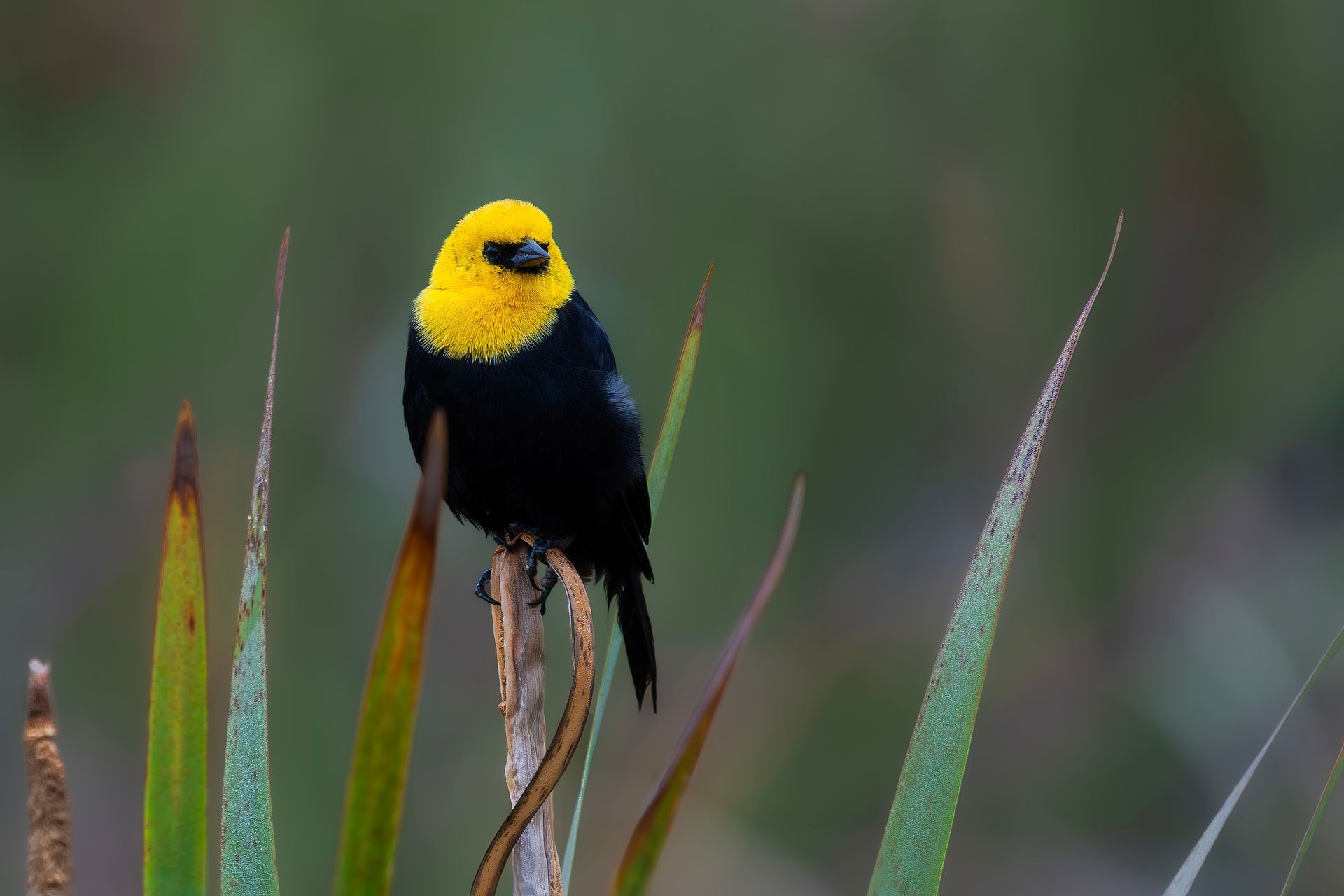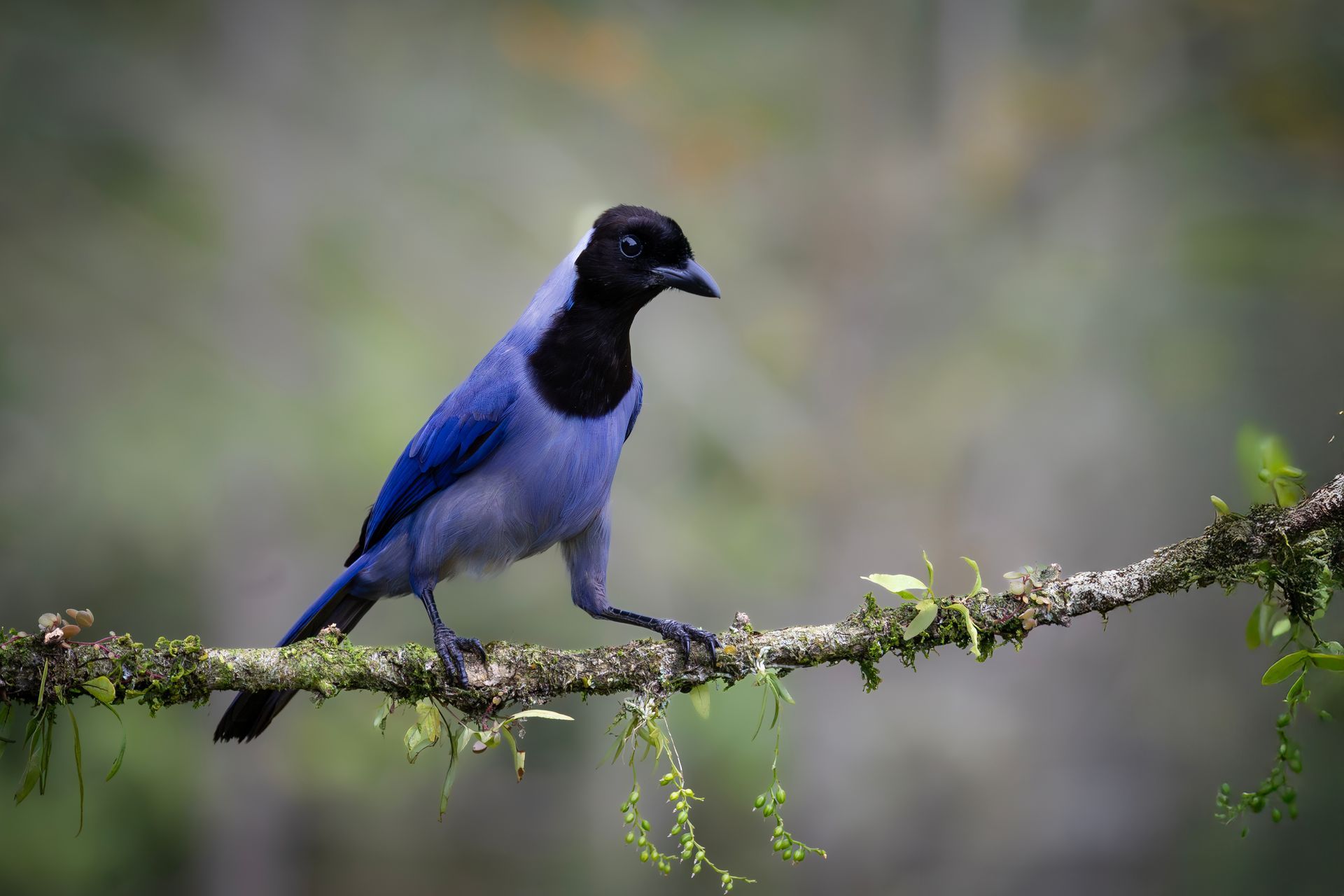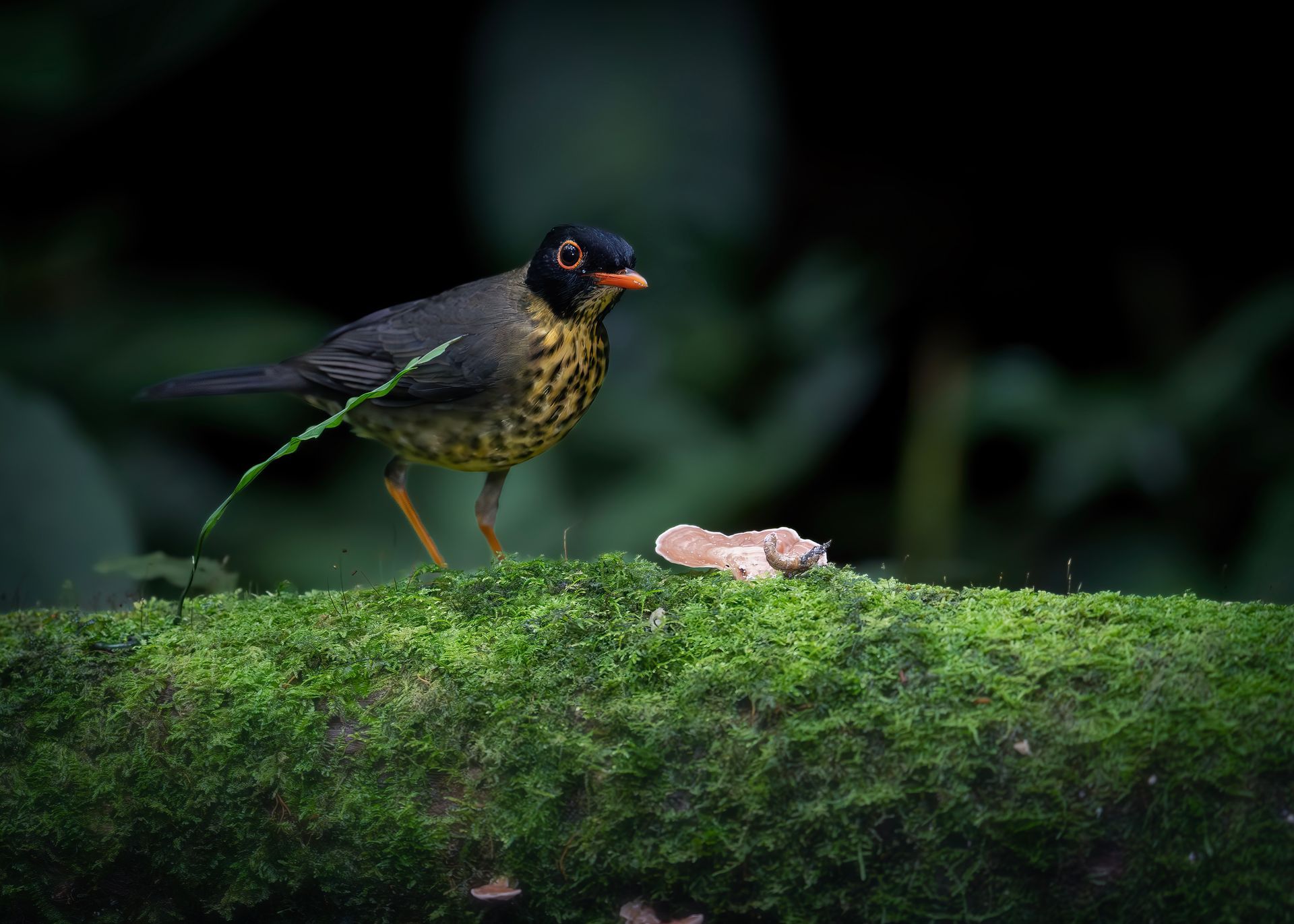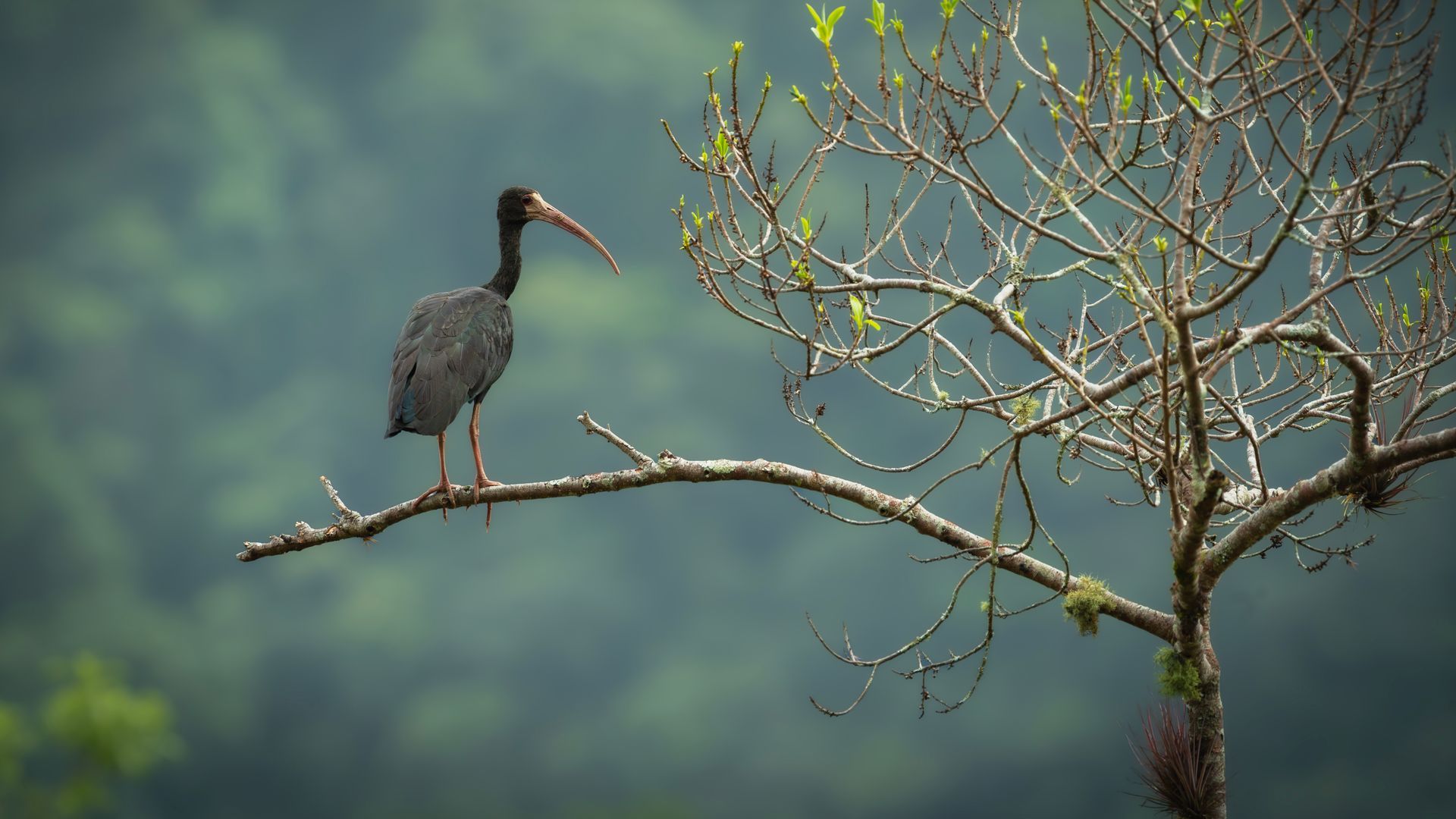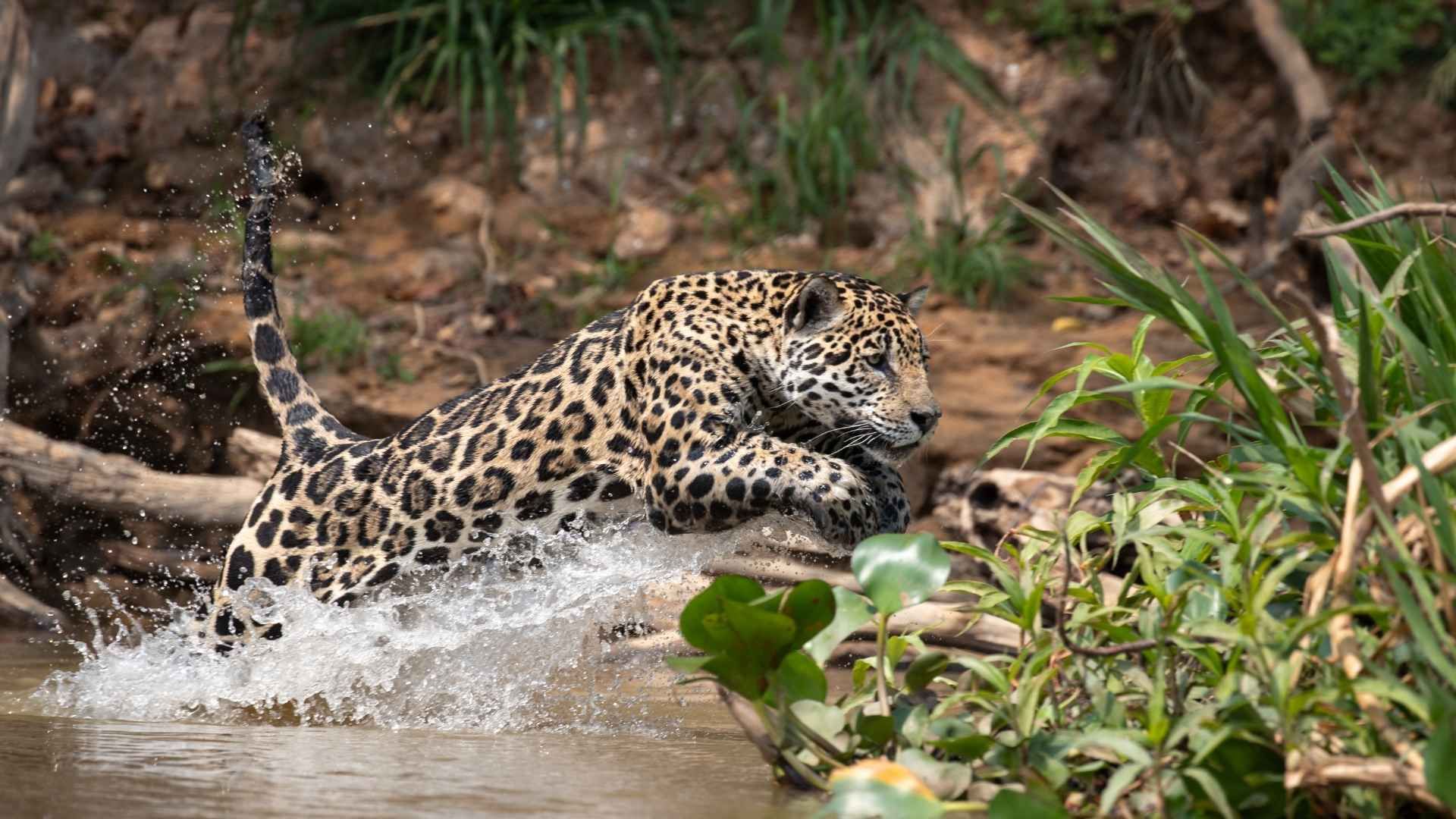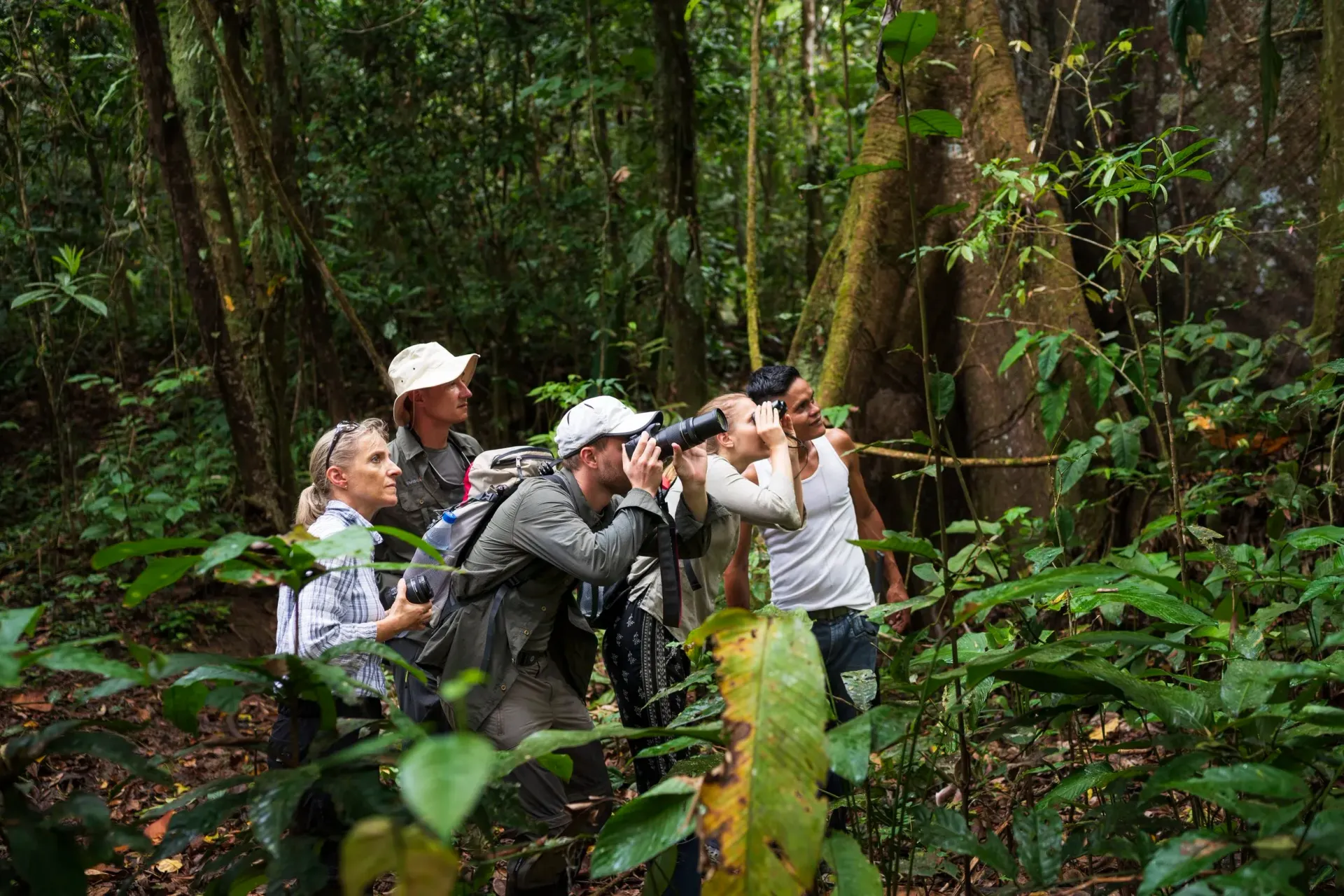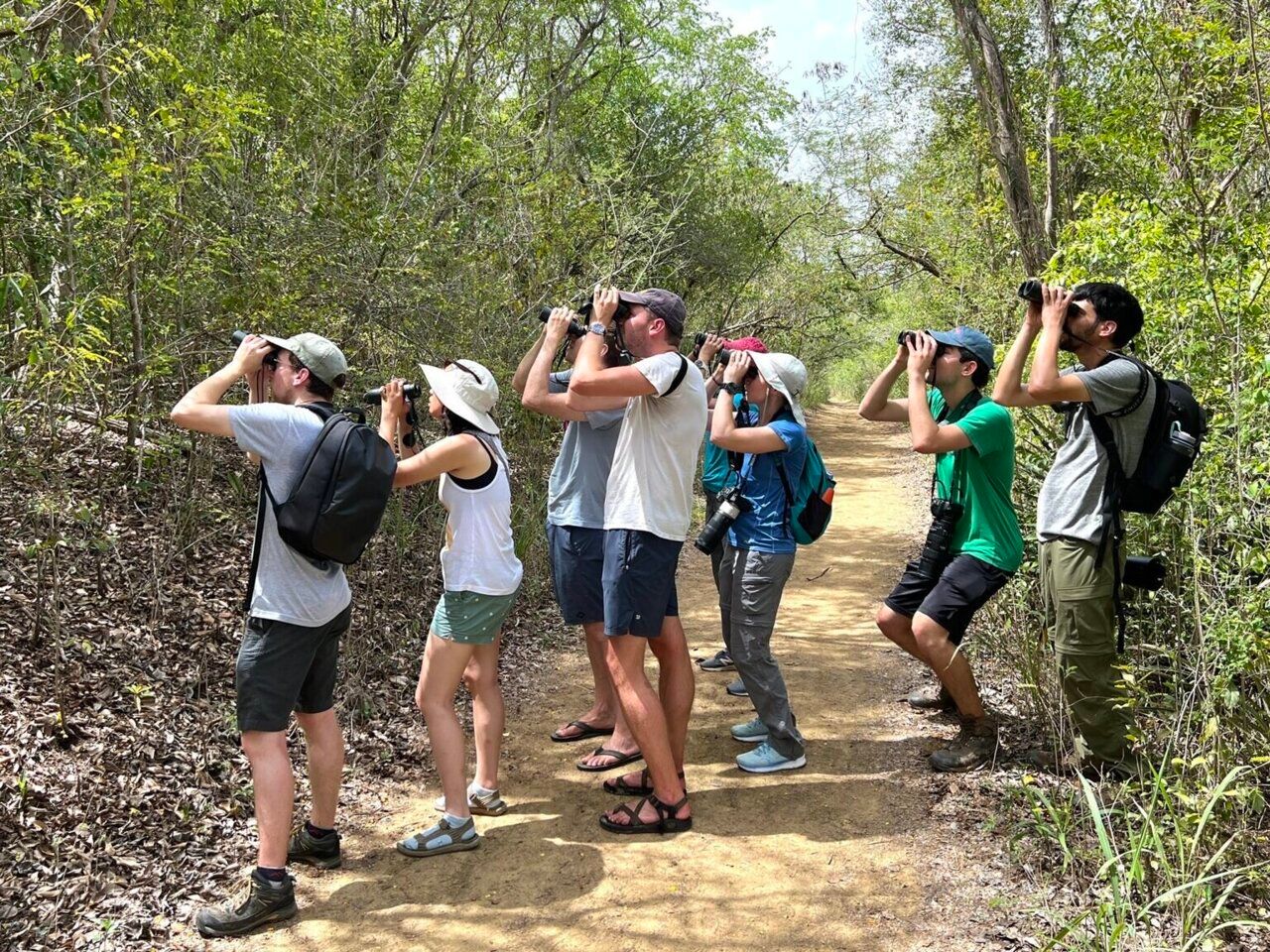Golden-Headed Quetzal: Symbol of Beauty and Diversity in Colombia's Highlands
The Golden-headed Quetzal (Pharomachrus auriceps) is one of the most visually arresting birds found in the cloud forests of Colombia. With its shimmering emerald body, golden crest, and deep crimson belly, this highland species is often considered a living gem. For bird photographers and wildlife enthusiasts, the Golden-headed Quetzal represents not only a prized subject but also a symbol of Colombia’s incredible avian diversity.
Why the Golden-Headed Quetzal Is a Must-See
- Dazzling Plumage: Metallic green feathers, golden head, and red belly create dramatic visual appeal.
- Cloud Forest Specialist: Found at elevations of 1,800 to 3,000 meters in the Andean highlands.
- Quiet and Still: Often sits silently for long periods, offering excellent photography opportunities.
- Cultural Significance: A cousin of the Resplendent Quetzal, long revered in pre-Colombian mythology.
Prime Locations in Colombia
Colombia’s Andean regions are the best places to spot this species, especially in protected reserves with old-growth cloud forest.
Top Sites for Photography:
- Reserva Rio Blanco (Manizales): A haven for highland species, with known quetzal territories.
- Reserva Natural Bellavista (Antioquia): High canopy perches provide perfect views of perched quetzals.
- El Dorado Nature Reserve (Sierra Nevada de Santa Marta): Unique habitat also offers opportunities for other trogon species.
- Chingaza National Natural Park (Cundinamarca): A higher elevation reserve with healthy quetzal populations.
Best Time for Observation
- Breeding Season (March to June): Increased vocal activity and courtship displays.
- Dry Season (December to March): Clearer skies and better trail conditions for hiking and spotting.
- Morning Hours (6:00 AM to 9:00 AM): Quetzals are most active and visible during these cooler hours.
Recommended Camera Gear
To capture the beauty of the Golden-headed Quetzal, bring high-quality gear capable of performing in variable lighting:
- Camera Body: With excellent color rendition and low-light performance.
- Lens: 300–500mm telephoto lens; zoom lenses are helpful for forest conditions.
- Tripod or Monopod: Ideal for long waits on forest trails.
- Flash (Optional): Use carefully; natural light is usually sufficient for quetzals.
- Weather Protection: Cloud forest weather is often damp; keep gear safe.
Field Tips for Capturing the Perfect Shot
- Scan Mid-Canopy Branches: Quetzals prefer perches 5–15 meters above the forest floor.
- Watch for Fruit Trees: Especially wild avocados, a favorite food source.
- Use Silent Shutter: These birds are shy and sensitive to noise.
- Position for Natural Light: Avoid harsh flash and let the bird's iridescence shine naturally.
- Be Patient: Quetzals may stay in one spot for long periods or disappear suddenly.
Conservation and Ethical Photography
The Golden-headed Quetzal depends on mature cloud forest, an ecosystem threatened by deforestation and climate change.
- Support Eco-Tourism: Visit reserves that reinvest in habitat protection.
- Avoid Nest Disturbance: Never approach nesting trees or use flash near nests.
- Share to Educate: Use your photos to highlight the beauty and vulnerability of Colombia's biodiversity.
- Travel With Purpose: Choose tours that respect local communities and ecosystems.
Join Retorno Photo Tours
At Retorno Photo Tours, we specialize in bird photography expeditions that combine ethical travel with access to Colombia's most stunning species. Our quetzal-focused itineraries include:
- Local Guides: Experts on quetzal habitats and behaviors.
- Private Access: To trails and reserves with known nesting sites.
- Flexible Scheduling: Built around bird activity patterns.
- Education First: Learn photography techniques and conservation practices on-site.
Conclusion
The Golden-headed Quetzal is not just a photographic subject—it is a representation of the magic and richness of Colombia’s cloud forests. Photographing this bird requires patience, care, and respect for its environment, but the reward is an unforgettable encounter with one of the most beautiful birds on the planet.
Join Retorno Photo Tours and experience the wonder of Colombia’s highlands, where the Golden-headed Quetzal awaits among the emerald canopies and morning mist.




